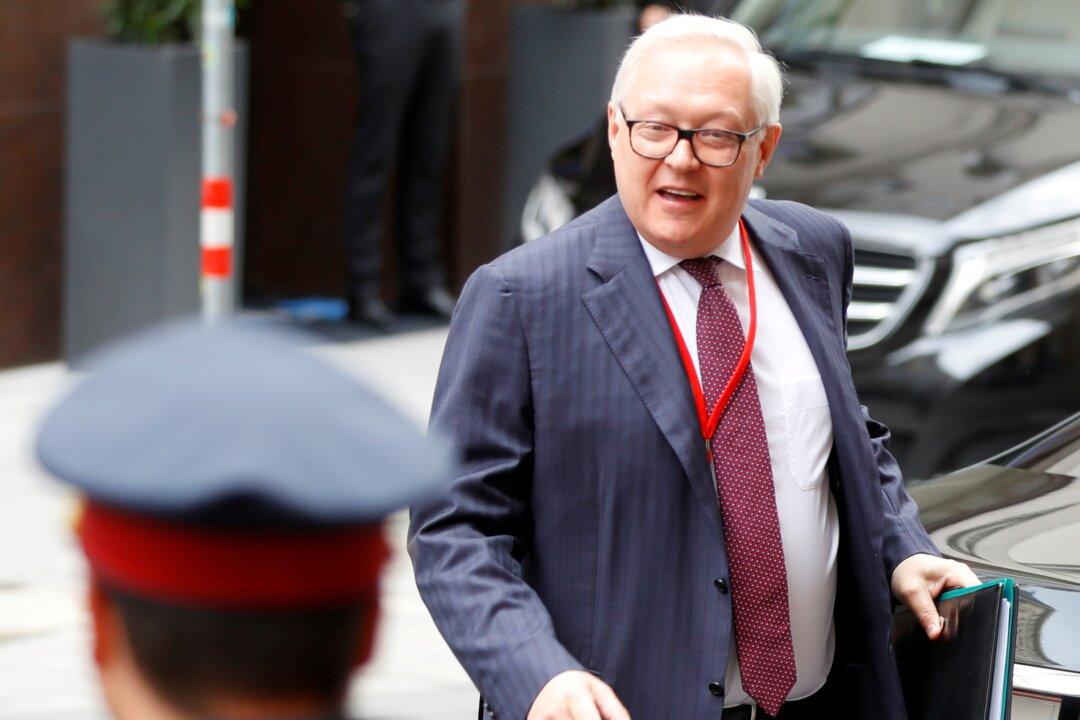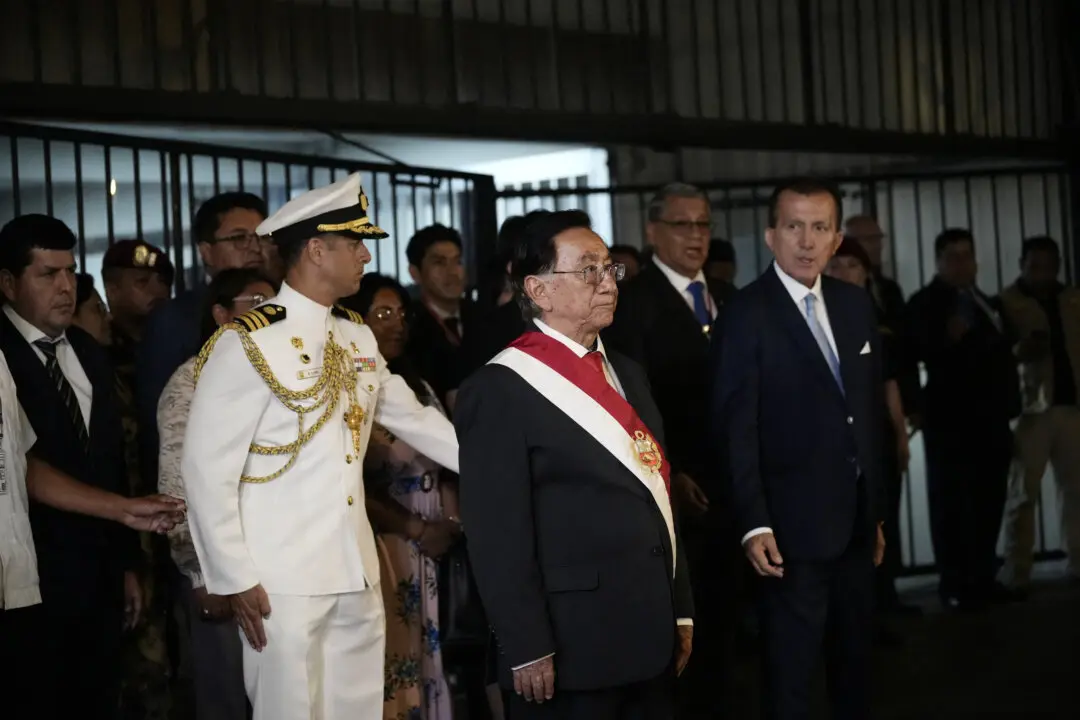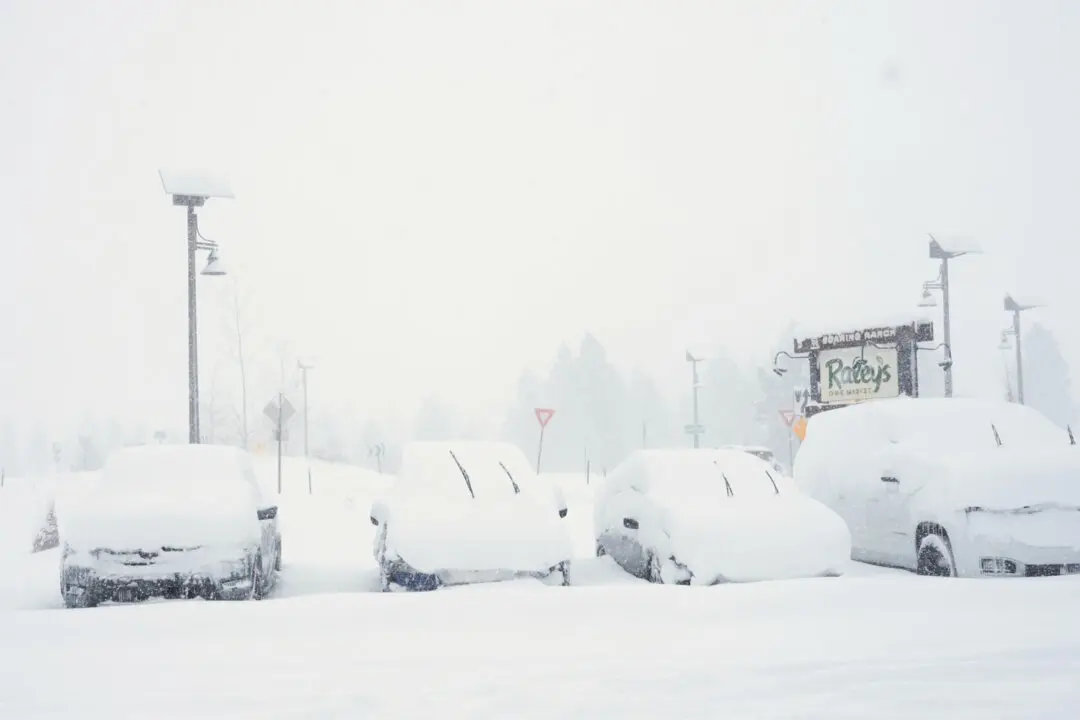Russia’s deputy foreign minister and the U.S. special presidential envoy for arms control on Monday discussed global security issues, and the extension of the START nuclear arms control treaty in particular, the Russian foreign ministry said.
Sergey Ryabkov and Marshall Billingslea, at talks in Vienna, also discussed the issues of sustaining stability and predictability in the conditions after the end of the Intermediate-range Nuclear Forces Treaty (INF), the Russian ministry said on its website.





